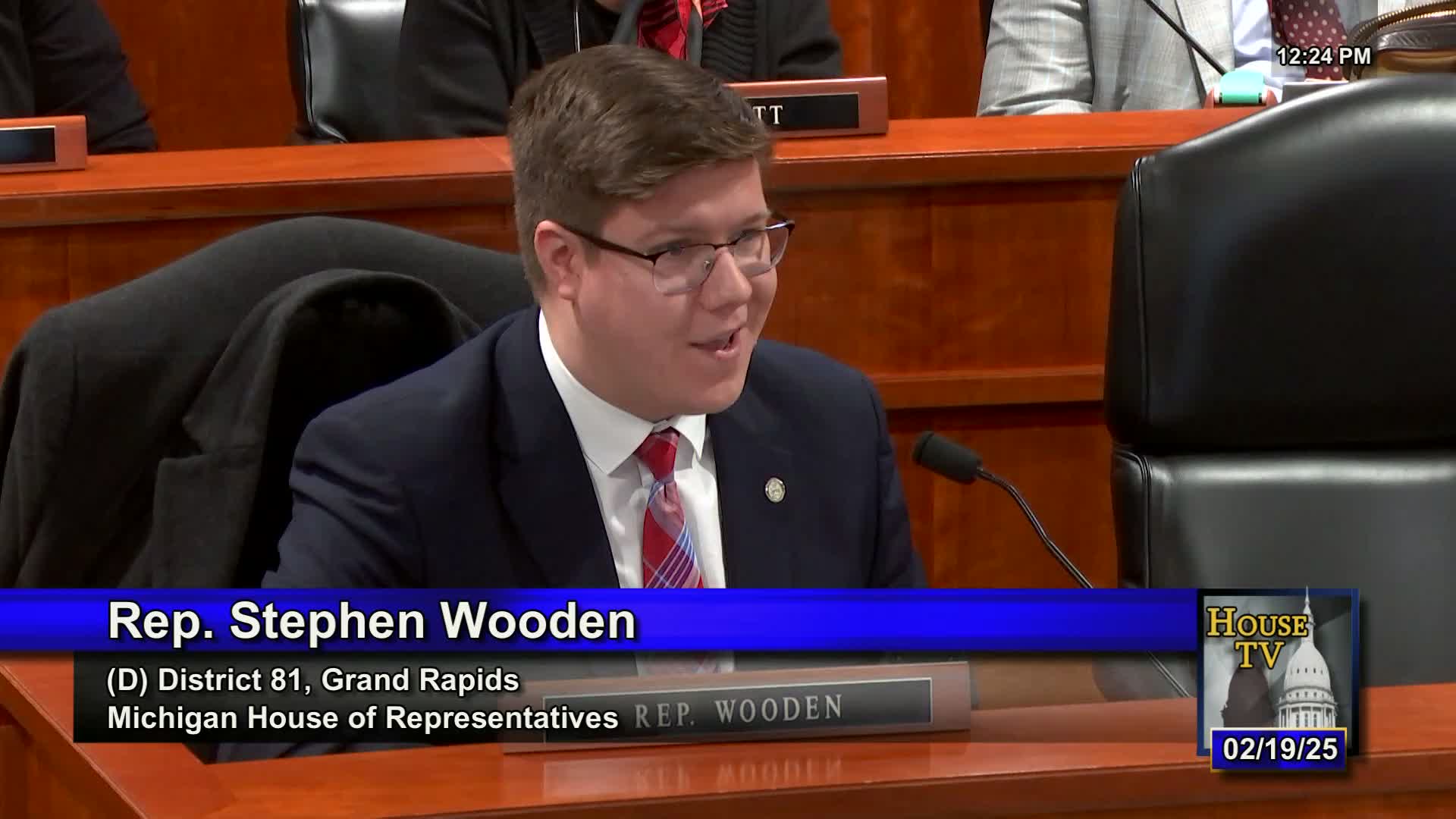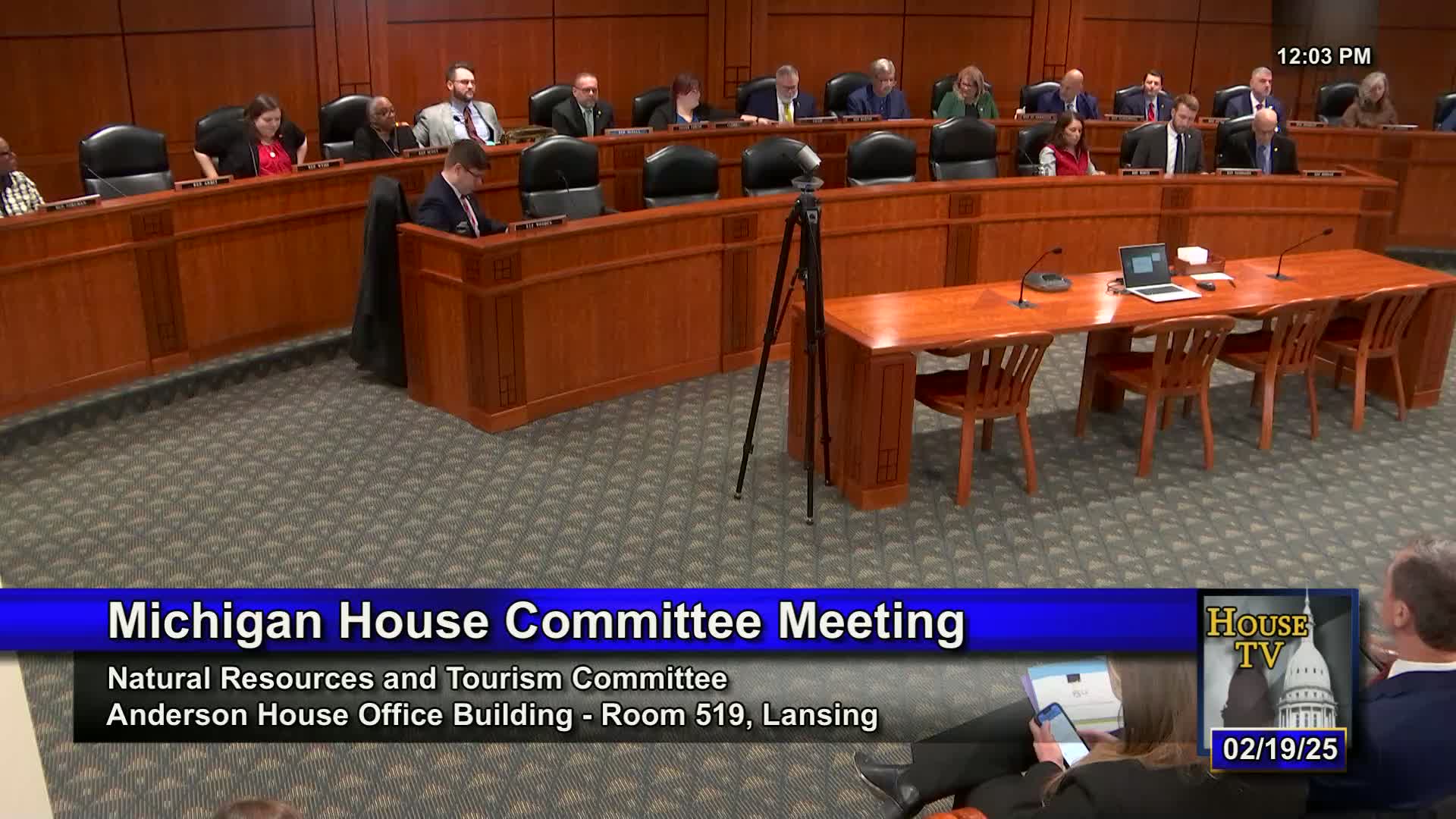Article not found
This article is no longer available. But don't worry—we've gathered other articles that discuss the same topic.

DNR briefs House Natural Resources and Tourism committee on parks, fisheries, wildlife, staffing and programs

House Natural Resources and Tourism committee adopts rules, sets regular meeting time and place

